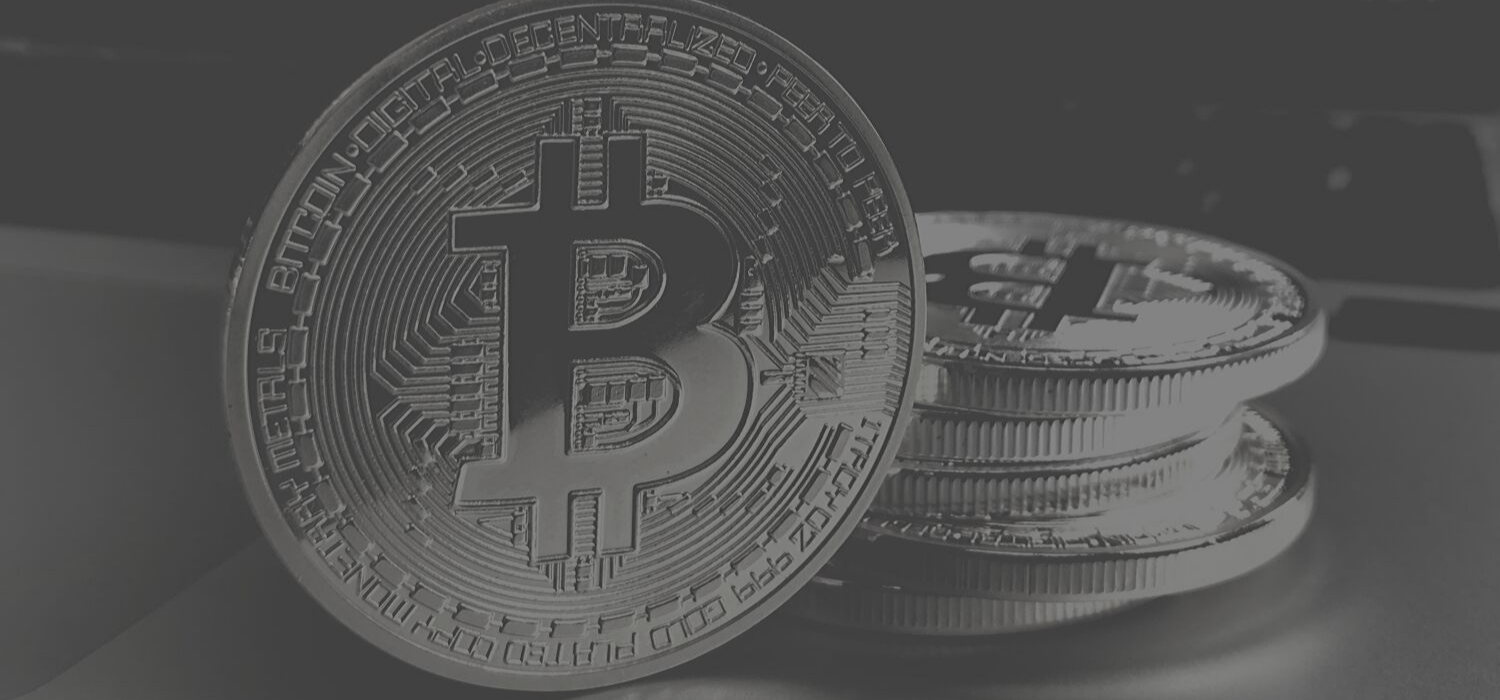If you frequent crypto forums, you must have come across several questions raised on crypto’s deflationary nature. This article – picking up its points from a famous, anonymous posts on one such forum, examines the same – addressing inflation, deflation in crypto – and fixing the flawed analogy between crypto, and fiat or gold.
Inflation, in the context of modern economics, can be thought of as a way of guaranteeing that the currency does not act as a store of value. This is so that other financial instruments (majorly, bonds) could fill this role instead. Individuals and businesses with a lot of wealth – and who want to preserve it – choose to purchase bonds. Here, what they are technically doing is lending their money. This ideally provides interest – that counteracts the depreciating value of the currency.
Putting this simply, one of the key reasons behind inflation is to guarantee that lending remains high with the idea that people with excess wealth (or savers) can transfer those savings to people who want to put the money to work. For the economy, this is considered good.
Now, the reason the fiat system needs (government) bonds to act as the store of value, rather than the currency itself, is actually because bonds are the real money in fiat systems, not the currency we use every day.
Our everyday currency represents the liabilities of the banking system, whereas bonds represent the assets of the banking system. Monetary systems never want liabilities to act as stores of value, or even worse for them, to appreciate in value. So, since fiat represents the debt of the banking system, it is in the banking system’s interests that their debts are always decreasing in value.
Now, taking Bitcoin in contrast: BTC represents the assets of the system, not the liabilities. It is in the interests of the system and its security that the value of its assets is appreciating. When this appreciation occurs, miners expand, liquidity goes up, the ecosystem grows, and the security of the network increases. This, in turn, increases demand for its use.
When you invest in bitcoin, what you are doing is investing in the Bitcoin Network. It is because of your investments that the network continues to grow and mature, just like a company. Something worth noting here is that Bitcoin is effectively the flagship for the entire crypto industry. An investment in bitcoin is equivalent to an investment in the broader crypto economy. The reason so much activity has occurred in this space since 2017 is in large part because of the amount of investment that went into bitcoin.
So it can be conclusively stated that Bitcoin is closer to US Treasuries than to US fiat currency.
When people invest in Treasuries, they are actually investing in the US government – helping it to remain strong and grow. When people invest in bitcoin, they are investing in the Bitcoin Network, helping it to remain secure and grow.
This is where I would want to address the mistakes people make when they talk about Bitcoin. The first mistake people make when talking about bitcoin being deflationary is in mistaking it for a currency like US fiat. But, it is actually closer to US Treasury bonds (which represent the REAL base currency of the US fiat system). There’s a reason behind why US Treasuries act as such great stores of value, and why everyone wants them. It is because the US government is the most powerful institution on the planet. People’s trust in it isn’t going to disappear anytime soon.
For Bitcoin to compete with the US Treasury bond, it must become equally as trustworthy, and for that to happen it must be seen as a network so essential to the world that everyone knows it isn’t going away anytime soon.
In context of crypto inflation, it goes without saying that bitcoin must also be deflationary. Treasury bonds are valuable and act as the real base money of the world’s economy because they act as stores of value. Bitcoin must do the same. Will bitcoin always fluctuate in value? Obviously. But so do Treasury bonds. And so, just like the value of Treasury bonds determines the fate of the world economy, Bitcoin in such a future scenario would have a similar impact.
The critical thing to note here is that bitcoin must eventually become the most trusted network in the digital age. Since networks will replace institutions as the centers of trust, in being the most trusted network, bitcoin would effectively become the most trusted source of value.
There are very real problems with Treasury bonds and the design of the fiat system which the crypto-system will slowly replace. But the fundamental premise, that at root money must act as a store of value, is as true today as it ever was. The issue occurs when people don’t realize that bonds represent the foundation of the monetary system.
So, crypto isn’t comparable to fiat currency or even to gold.
The problem with the fiat money analogy is simple. Fiat money does not act as the primary store of value in the modern monetary system. When we talk about inflation being necessary to modern money, people don’t understand that this requires that such money is ultimately backed by a store of value which is effectively deflationary (bonds). Bitcoin is more akin to the bonds which are backing fiat money. So, we need to look towards crypto inflation with that outlook. Also, the gold analogy, while simple, doesn’t exactly work either because gold is strictly a commodity whose utility is not influenced by investment in it. People who talk about Bitcoin as digital gold imagine bitcoin as a kind of commodity. But unlike gold, the more investment into Bitcoin – the more the network evolves and grows.
This new era of cryptocurrencies and crypto inflation introduces a world in which we are no longer forced to use a single currency. Once you have a situation where companies like Facebook have their own currency, then you have a wide-open marketplace of currency and competition. Under such a system, inflation, as it were, becomes a natural part of the system.






1 Comment
Pingback: NFT explained | The craze and rage of NFT | Deqode Blog